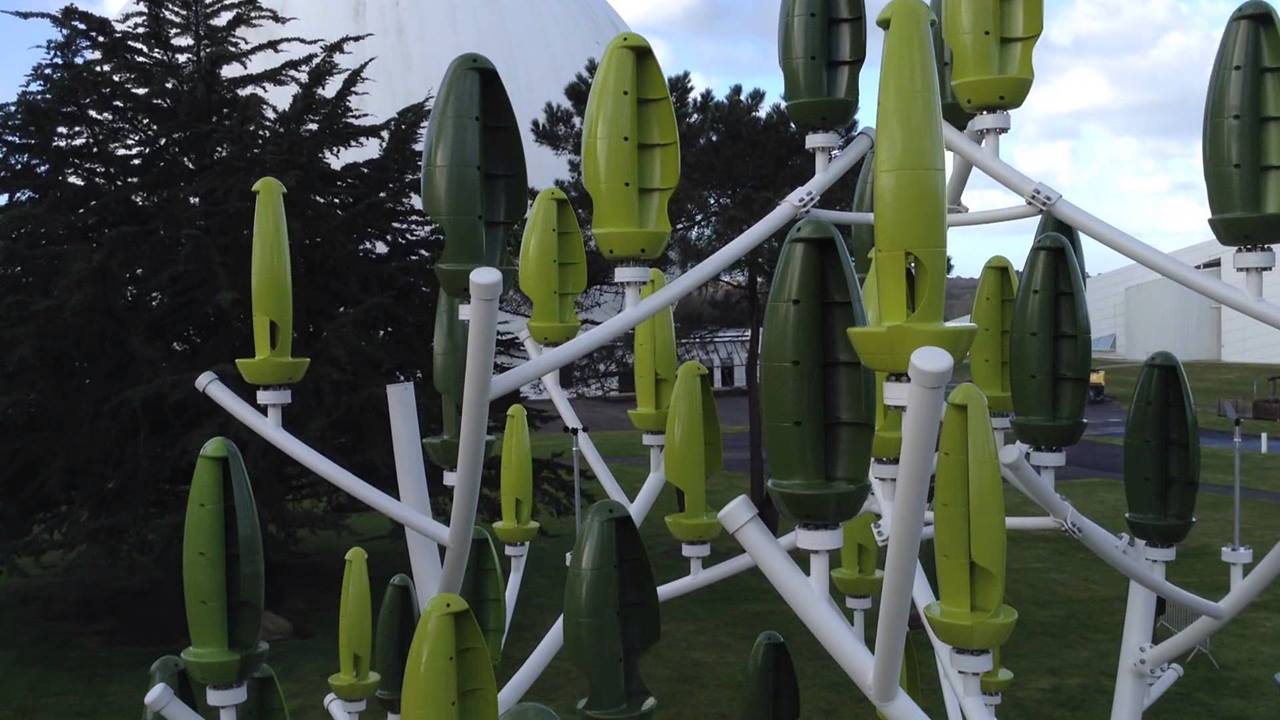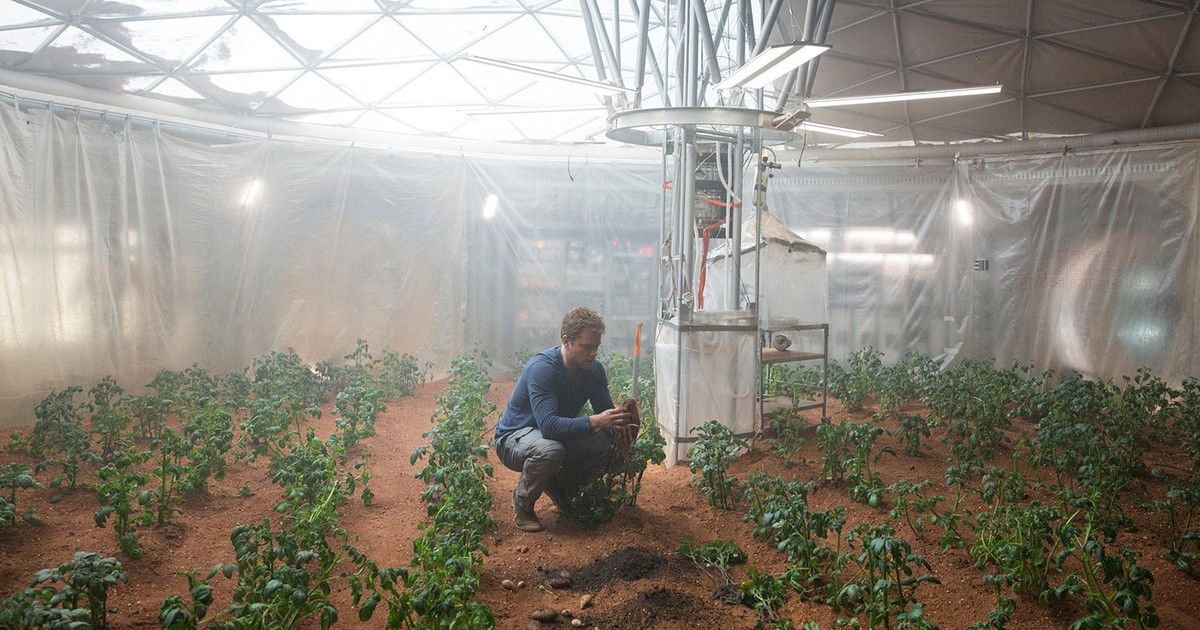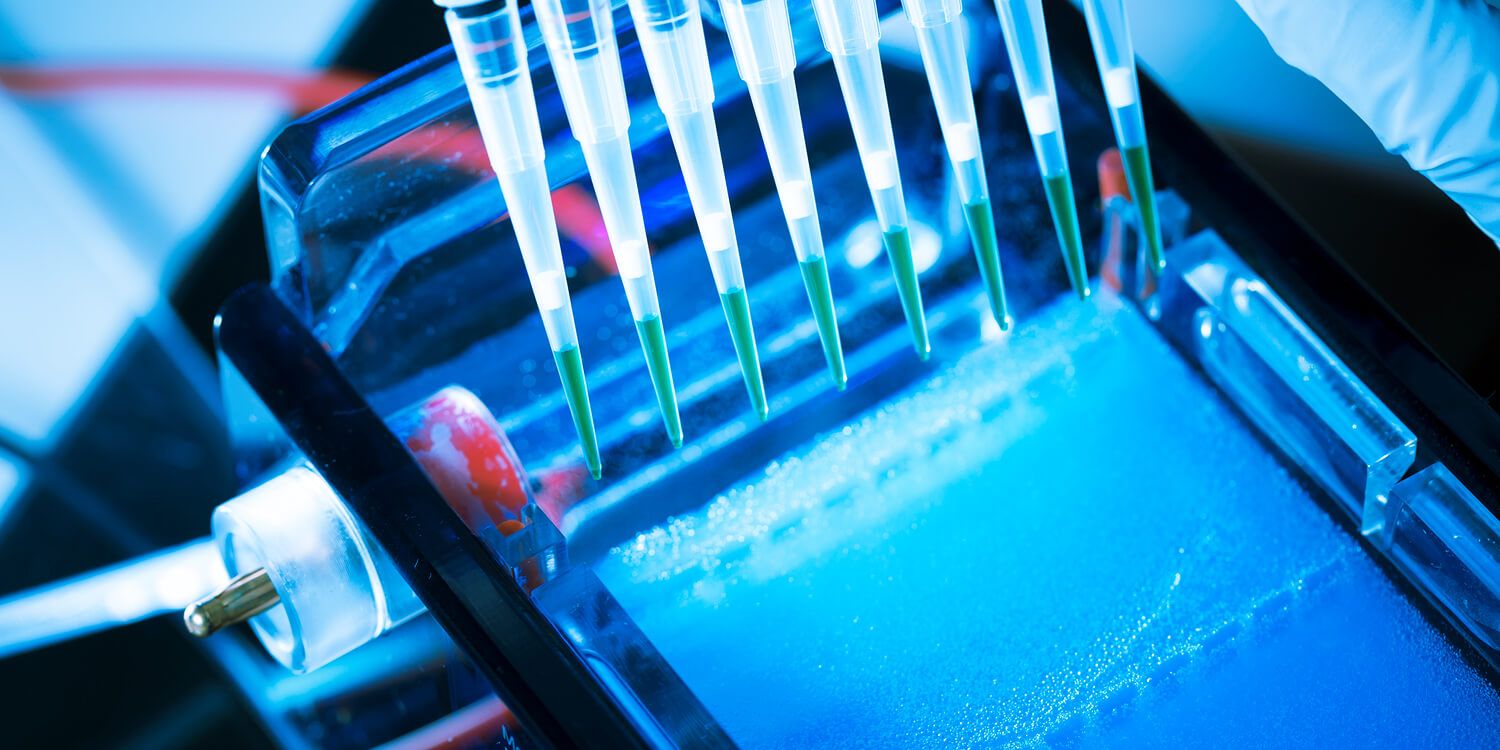Archive for the ‘sustainability’ category: Page 596
Sep 24, 2016
HOIP’s ~ Columbia Chemists Find Key to Manufacturing More Efficient Solar Cells ~ Is this the Future of Solar?
Posted by Karen Hurst in categories: nanotechnology, policy, solar power, sustainability
In a discovery that could have profound implications for future energy policy, Columbia scientists have demonstrated it is possible to manufacture solar cells that are far more efficient than existing silicon energy cells by using a new kind of material, a development that could help reduce fossil fuel consumption.
The team, led by Xiaoyang Zhu, a professor of Chemistry at Columbia University, focused its efforts on a new class of solar cell ingredients known as Hybrid Organic Inorganic Perovskites (HOIPs).
Their results, reported in the prestigious journal Science, also explain why these new materials are so much more efficient than traditional solar cells—solving a mystery that will likely prompt scientists and engineers to begin inventing new solar materials with similar properties in the years ahead.
Sep 24, 2016
Bioengineered bacteria could be used to 3D print food, medicine, and tools on Mars
Posted by Karen Hurst in categories: 3D printing, bioengineering, biotech/medical, food, solar power, space travel, sustainability
Just like checking your bag on a commercial airline, space travel comes with some pretty big weight restrictions. How big? According to estimates, reaching space costs a whopping $10,000 per pound, which means that every ounce saved has a big impact on the bottom line.
That’s where a group of Danish researchers comes in. The team is working on a synthetic biology project called CosmoCrops, which hopes to use bacteria to make it possible to 3D print everything needed for a respectable space mission, using a cutting-edge co-culturing system. And it could even make life better for those of us back on Earth in the process.
“We are trying to make space exploration cheaper, because many inventions we use in our daily life were invented because of space exploration, like Velcro and solar energy,” Joachim Larsen, one of the students working on the project, told Digital Trends. “The way we want to achieve this is to [be] able to produce everything from food to medicine and bioplastic for 3D printers out in space — making the space rocket a lot lighter.”
Sep 20, 2016
4D Printing: Shaping The Future of Solar Cells
Posted by Karen Hurst in categories: 3D printing, 4D printing, food, solar power, sustainability
Definitely many benefits to 4D including manufacturing, tech devices, and energy.
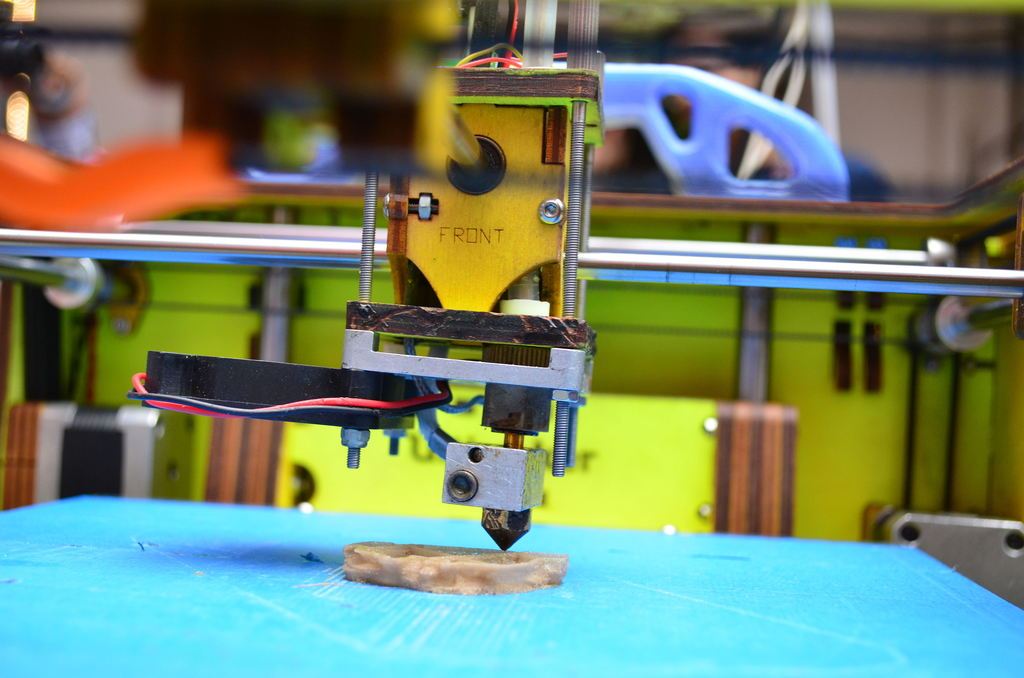
A team of researchers has uncovered the key to what they call 4D printing – and solar energy may be one of the top 2 fields to benefit from the great invention.
Continue reading “4D Printing: Shaping The Future of Solar Cells” »
Sep 19, 2016
Researchers address the importance of measurement in synthetic biology
Posted by Karen Hurst in categories: bioengineering, biological, government, sustainability
Dr Michael Adeogun and Dr Max Ryadnov from the National Physical Laboratory (NPL) have written an expert view for Bio-Based World News on the importance of measurement science in synthetic biology, highlighting the vital work that NPL has already undertaken in this field.
Synthetic biology is a growing field which seeks to develop solutions to major global challenges, such as the generation of sustainable and affordable materials and chemicals, and the use of bio-engineered organisms as products. The UK aims to achieve a £10bn market in synthetic biology by 2030.
Since the publication of the government-commissioned Synthetic Biology Roadmap in 2012, the UK has become the second largest investor in synthetic biology, having developed a national network of research centres, doctoral training programmes and knowledge facilities to drive growth in the commercial sector.
Sep 14, 2016
The National Research Council’s view of how it could save the world
Posted by Karen Hurst in categories: futurism, sustainability
Does Canada’s NRC have the right fix for Global Warming?
The National Research Council has seen the future: NRC saves the planet by fixing global warming.
Canada’s biggest science agency has an internal document, introduced to some staff by NRC’s former president days before he left his position in March, that outlines an ambitious view of NRC in 2050.
Continue reading “The National Research Council’s view of how it could save the world” »
Sep 12, 2016
Indian Scientists Recycle FIsh Bio-Waste Into Green Energy
Posted by Karen Hurst in categories: biotech/medical, sustainability
A team of researchers at Jadavpur University here has developed a biodegradable energy harvester from raw fish scales that could in future replace pacemaker devices for the heart.
The energy harvester thus could be tapped as a sustainable green power source for next generation self-powered implantable medical devices.
It also has the potential for personal portable electronics with reduced e-waste elements said the researchers.
Continue reading “Indian Scientists Recycle FIsh Bio-Waste Into Green Energy” »
Sep 10, 2016
Is Evolution Over? Synthetic Biology Anticipates Nature’s Next Steps
Posted by Elmar Arunov in categories: bioengineering, biological, evolution, genetics, sustainability
Synthetic biology is essentially an application of engineering principles to the fundamental molecular components of biology. Key to the process is the ability to design genetic circuits that reprogram organisms to do things like produce biofuels or excrete the precursors for pharmaceuticals, though whether this is commercially viable is another question.
MIT’s Jim Collins, one of the founders of synthetic biology, recently explained it to me as putting the engineering into genetic engineering.
“Genetic engineering is introducing a gene from species A to species B,” he said. “That’s the equivalent of replacing a red light bulb with a green light bulb. Synthetic biology is focused on designing the underlying circuitry expressing that red or green light bulb.”
Continue reading “Is Evolution Over? Synthetic Biology Anticipates Nature’s Next Steps” »
Sep 8, 2016
An AI upgrade for your brain, Elon Musk teases the Neural Lace
Posted by Karen Hurst in categories: Elon Musk, nanotechnology, neuroscience, robotics/AI, space travel, sustainability
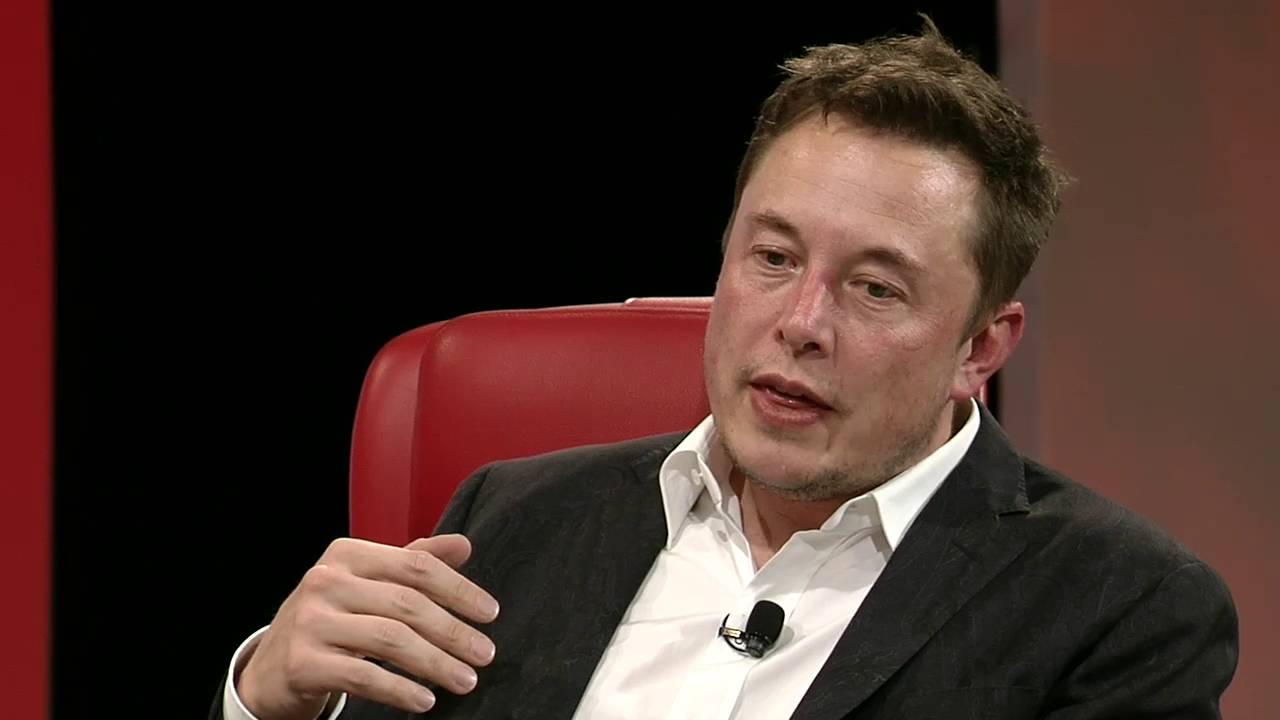
Worried that AI’s one day could make us their pets Elon Musk is teasing a new brain-hacking tech
There’s no doubting that Elon Musk is one busy guy. Whether he’s trying to land on Mars with SpaceX, running Tesla, buying SolarCity, investing in the future of AI, building Giga factories or throwing out Hyperloop concepts for fun but it’s increasingly apparent that he’s giving a huge amount of thought to the day when advanced AI’s become the most intelligent form of “life” on the planet.
Continue reading “An AI upgrade for your brain, Elon Musk teases the Neural Lace” »

